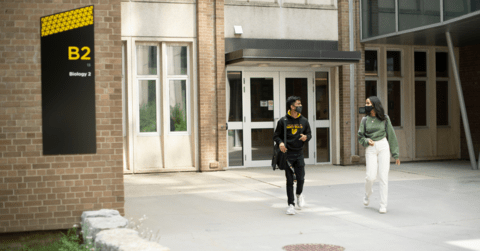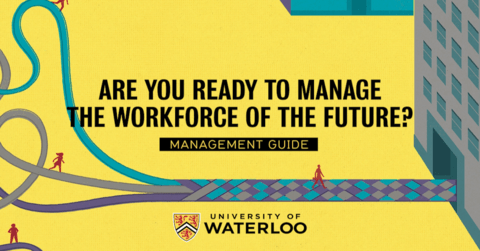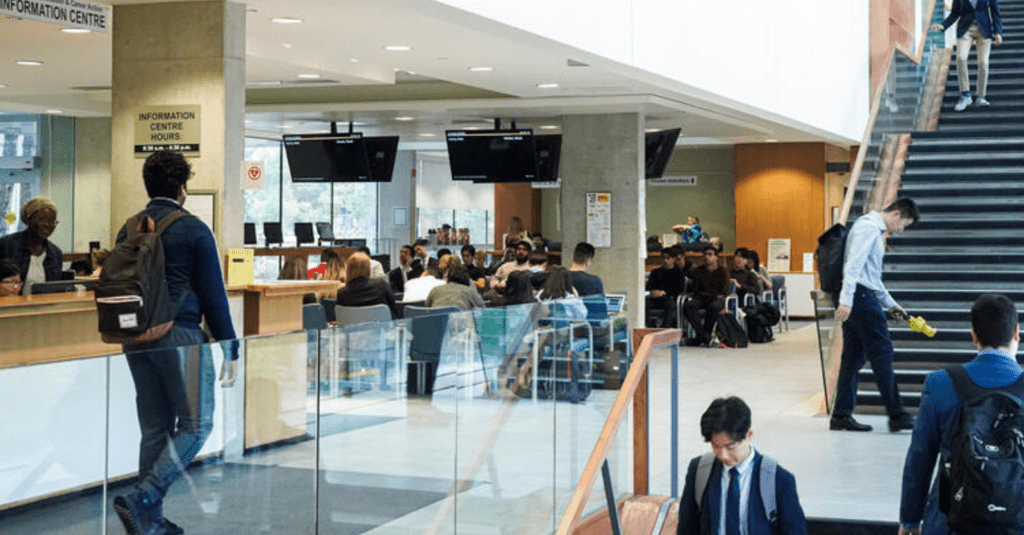How should work-integrated learning supervisors support their students? Findings from a mixed methods study
This study examines what types of supervision co-op students find most valuable, where support is lacking, and how supervisors can strengthen students’ learning and well‑being.









